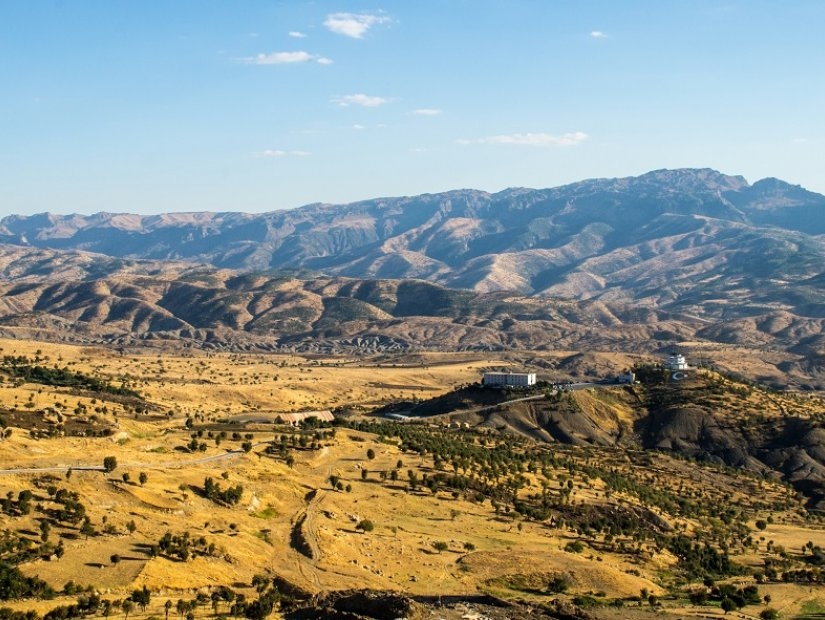Blog
The Story of Mount Judi
The Story of Mount Judi
The Story of Mount Judi
Mount Judi or Cudi has a height of 2.114 meters and is located in the Southeastern Anatolia Region between the district centers of Sirnak province and Silopi, is significant in terms of religious history, particularly Islam. Although some researchers say that it means Etymologically Kurdish Mountain, it is also thought to come from the root cûd, which means generosity. It is mentioned as Gudi in Sumerian inscriptions and Kurti in Babylonian inscriptions.
In the past years, researchers Austen Henry Layard and L. King came across Assyrian inscriptions in cuneiform around this mountain. According to Islamic beliefs, Noah's ark sat on this mountain after the Flood. In the Qur'an, it is said that the ship sat on Mount Judi. Considering its origin, it is claimed that the mountain was named after Noah's generosity.
Judi is described in the Qur'an's commentators as being close to Mosul. Today, the referenced mountain, which was once inside the borders of Silopi, is now within the borders of Turkey's Sirnak province. The name Sirnak is an ancient name that means "Sehr-i Nuh." Heştan Village, whose name means "eighties," is located at the foot of Mount Cûdî. Heştan Village is said to have been founded by Noah, and the village is named after eighty people who are said to have been aboard Noah's ark. Even if the peak referenced in the Qur'an is believed to be Mount Ararat in Turkey, Mount Judi offers more benefits for disembarking the ship and sheltering passengers.
For this reason, it is believed that the mountain mentioned is Mount Judi. Mount Judi, which many researchers and archaeologists from abroad come to see, fascinates people with its moderate weather despite its steep hills. This place, which is important according to Islam, is also important for other monotheistic religions.


